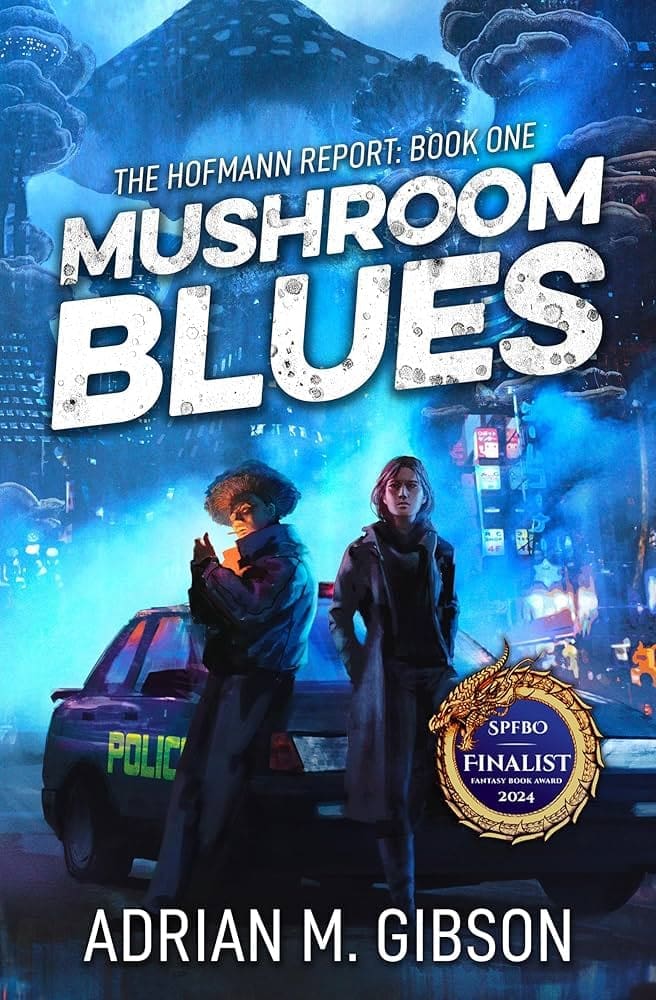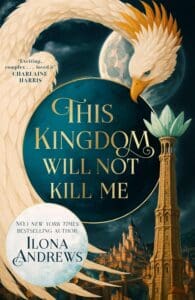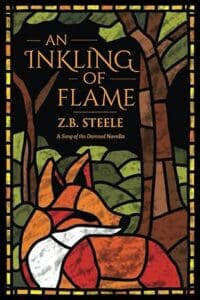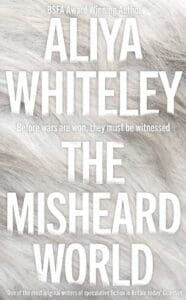
Synopsis
BLADE RUNNER, TRUE DETECTIVE and DISTRICT 9 meld with the weird worlds of JEFF VANDERMEER and CHINA MIÉVILLE in Adrian M. Gibson’s fungalpunk noir debut.
TWO YEARS AFTER a devastating defeat in the decade-long Spore War, the island nation of Hoppon and its capital city of Neo Kinoko are occupied by invading Coprinian forces. Its Fungal citizens are in dire straits, wracked by food shortages, poverty and an influx of war refugees. Even worse, the corrupt occupiers exploit their power, pushing the native populace toward the brink of civil unrest.
As a winter storm looms over the metropolis, NKPD Homicide Detective Henrietta Hofmann begrudgingly partners up with mushroom-headed patrol officer Koji Nameko to investigate the mysterious murders and disappearances of Fungal and half-breed children. Their investigation drags them deep into the seedy underbelly of a war-torn city, one brimming with colonizers, criminal gangs, racial division and moral decay.
In order to solve the case and unravel the truth, Hofmann must challenge her past and embrace Fungal ways. What she and Nameko uncover in the midst of this frigid wasteland will chill them to the core, but will they make it through the storm alive?
Quick Review
Mushroom Blues has been racking up awards and praise—and for good reason. Gibson’s fungalpunk detective noir is a stunning read, elevated by Imogen Church’s performance in the audiobook.
Full Review
I hadn’t planned on writing a full review of Adrian M. Gibson’s Mushroom Blues. Anyone who frequents this blog has likely already heard about it, but having listened to the audiobook—which was released after the other reviews here—I feel I can probably add something to the conversation. Let’s begin there.
The audiobook, narrated by Imogen Church, is phenomenal. Imogen throws everything into the performance, really showing off her vocal range and acting skills. Some of the narration comes alongside sound effects such as the crackle of a radio, or the echo of a megaphone. These moments are frequent enough to help immerse a listener, but not so frequent to be distracting. Each chapter is also introduced with a snippet of music, adding to the atmosphere of Neo Kinoko.
Honestly, I worry that the Mushroom Blues audiobook may have spoiled other audiobooks for me—it’s just that good.
So, that’s what you can expect from the audiobook. But how’s the actual story? Mushroom Blues revolves around a brutal mystery. Fungals—the city’s native mushroom-people—are discovering their children washing up ashore, murdered. Detectives Hofmann and Nameko (the sole fungal on working with the police) are tasked with finding out who’s doing it and stopping them.
Beneath it all there is a story about colonial oppression, racism, and reckoning with one’s past. The most visible of these threads is the humans’ terrible treatment of the fungals. Unfortunately, at the start, our hero is no different. Henrietta Hofmann is not particularly likeable. As A.J. Calvin commented in her review, Hofmann is initially a part of the problem facing the fungals in this book. She is overtly racist, disgusted by them, and an all-around difficult person to be near—let alone be in her perspective throughout the whole story.
At first, I thought this might be enough to make me put down the book, but I kept going and discovered the real journey Hofmann was on: one of growth and change. I can’t say more without spoiling major events of the story, but suffice it to say that if you’re struggling with Hofmann as I was, try to stick it out a bit longer. There’s an interesting discussion to be had about unlikable narrators, but looking back on Mushroom Blues I’m not sure the story would have paid off as well in the end without Hofmann’s initially off-putting attitudes. And it absolutely paid off.
I mentioned how the audiobook adds to the atmosphere of Neo Kinoko, but Gibson’s writing is already brilliant. He describes the city as a post-war wreck, slowly recovering both because of and in spite of the occupying humans’ efforts. As Andy Peloquin mentioned in his review, every part of the city blends modern architecture with fungi. The fungal language is inspired by Japanese, as is their culture, but it all still unique enough to be the fungals’. Their religion, traditions, and families feel steeped in generations of history. There are even similarities to cyberpunk stories, with a “fungal net” that acts like a kind of biological “cyberspace” for the fungal people. It’s a weird blend of ideas and genres, but it works.
I recommend Mushroom Blues. Gibson wrote an incredible debut, and Church absolutely nailed the audiobook version. If you enjoy crime thrillers, mysteries, and unique worlds, this one deserves a place in your library.









Leave a Reply